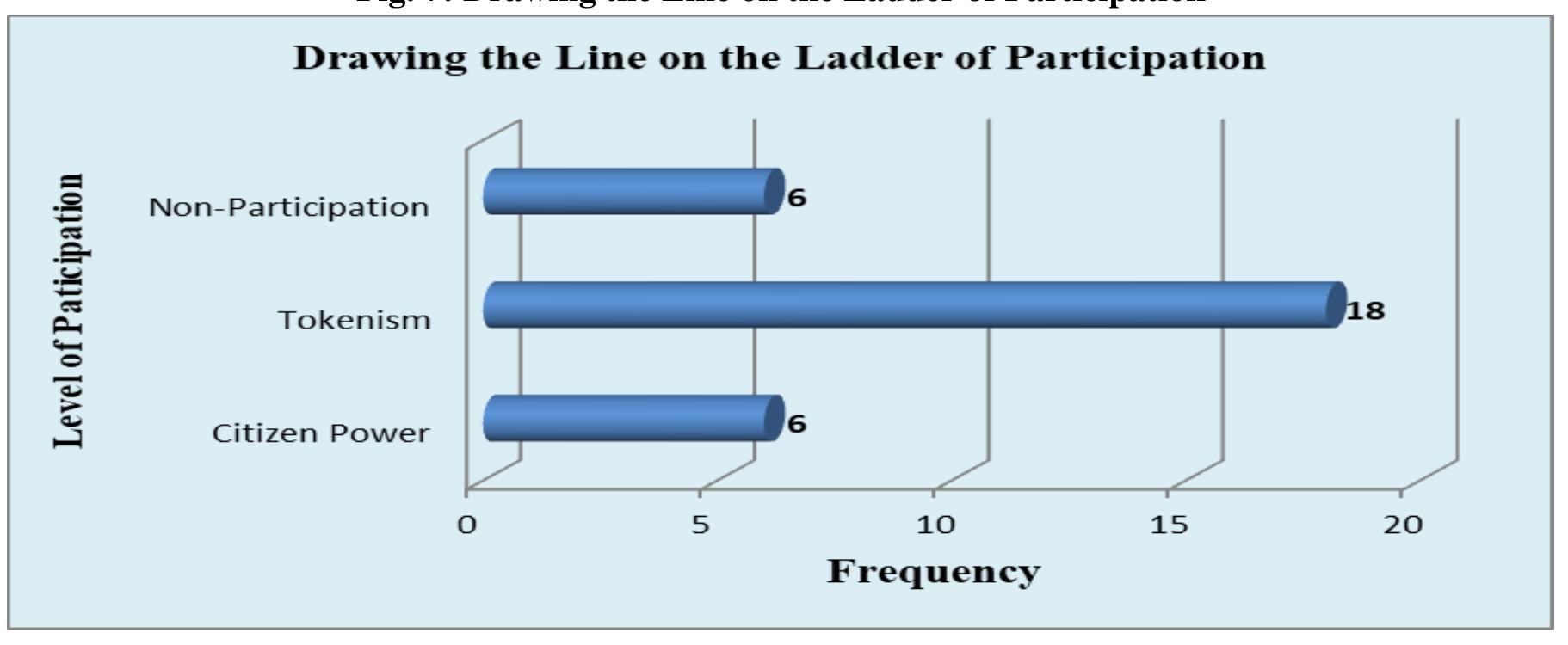Key research themes
1. How do rights-based legal frameworks shape climate change accountability and governance?
This research area investigates how human rights law and rights-based litigation contribute to bridging accountability gaps in climate change governance by holding state and non-state actors responsible for mitigation efforts and climate-related harms. It explores the emergence of a 'rights turn' in climate litigation, the challenges of operationalizing human rights obligations under climate agreements such as the Paris Agreement, and the interplay between rights, risks, and responsibilities in framing climate justice and policy. This theme matters as legal strategies increasingly complement traditional environmental and administrative law approaches, potentially enabling enforceable remedies and normative leverage in the multi-level governance of climate change.
2. What is the relationship between global justice theories and climate change mitigation responsibilities?
This theme explores philosophical and ethical frameworks that underpin global distributive justice claims related to climate change, including the allocation of burdens for mitigation, adaptation, and compensation. It examines the justification of rights based on fundamental interests, the intergenerational dimensions of justice, the responsibilities of developed versus developing nations, and the challenges of applying traditional justice theories to the complex transnational character of climate change. Understanding these conceptual foundations is critical for framing international climate policy, equity principles, and legal obligations.
3. How can human rights considerations inform the deployment and governance of climate mitigation technologies?
This theme focuses on the emerging intersection between human rights frameworks and the deployment of technologically advanced climate mitigation options, including large-scale negative emissions technologies (NETs) such as bioenergy with carbon capture and storage (BECCS) and direct air carbon capture and storage (DACCS). It examines potential limits posed by human rights to these technologies due to land use, resource demands, and risk of infringing rights to food, water, and healthy environments, as well as procedural rights. The theme addresses how ethical, legal, and governance perspectives can shape responsible and rights-respecting responses in the climate emergency.









































